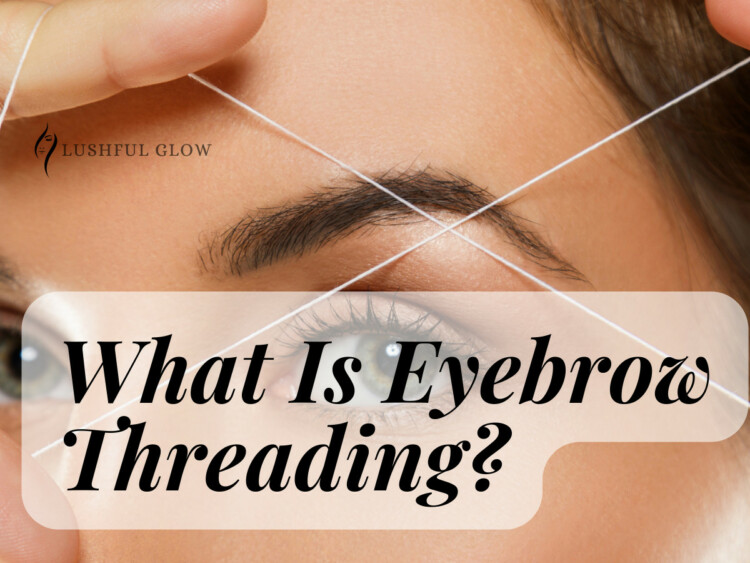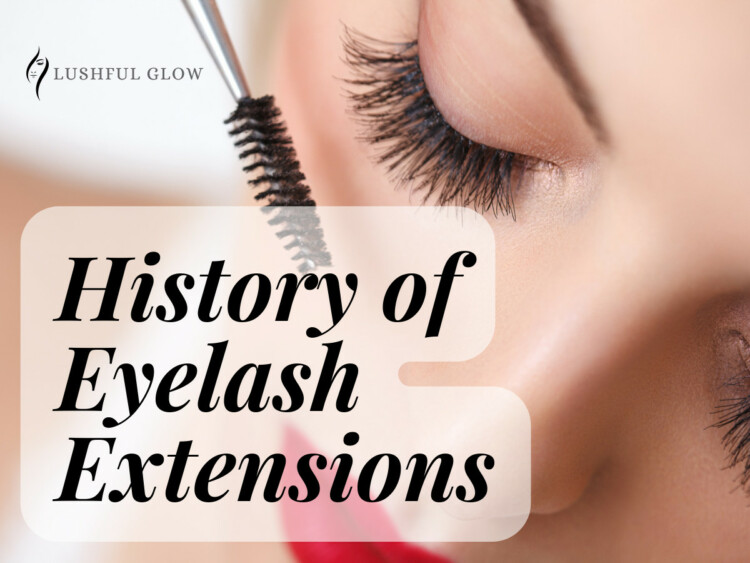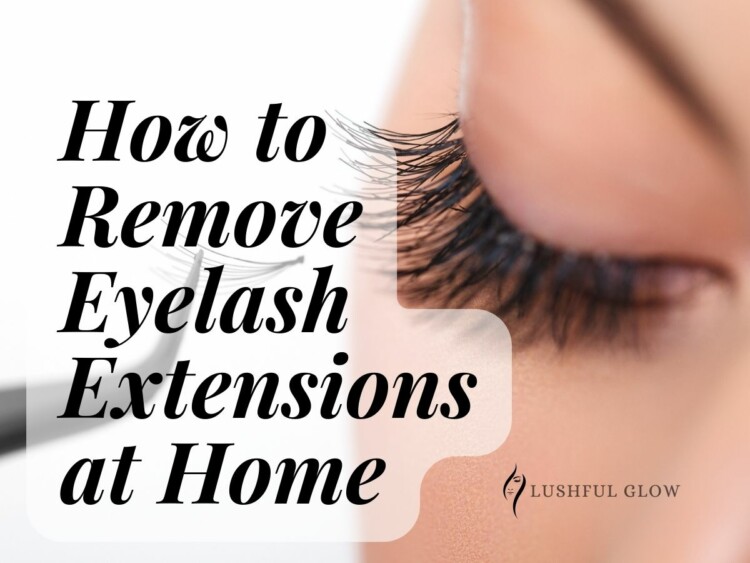THE SKIN OF YOUR DREAMS
IS JUST A FEW CLICKS AWAY
Unbiased beauty reviews that you can trusT
Featured In
Buyer’s Guides
Sorry, no posts were found.
Stay in the loop when it comes to game-changing beauty tips and industry secrets by subscribing to our newsletter now.
Featured Reviews
Sorry, no posts were found.







